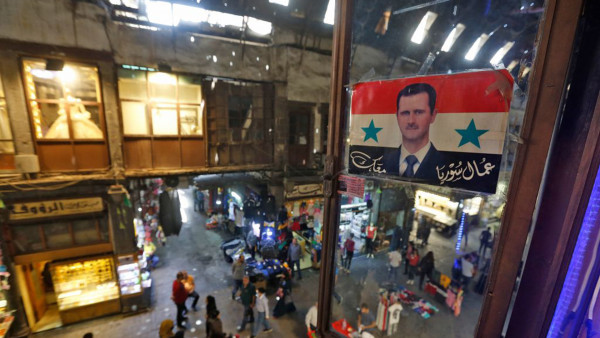The presidential order raises the salary of government workers and military personnel by 50%, as well as increasing pension payments to veterans and former government workers by 40%.
The salary hikes follow a decision on Saturday to increase the price of a subsidised bag of bread will by a 100% percent [Getty]
The Syrian regime has issued an order which increases the salaries of government workers by 50%, and the pension by 40%, according to state media.
The decision comes a day after the Assad regime moved to double the price of bread and nearly triple price of diesel fuel.
The salary increase, announced in a presidential order carried by pro-regime media, affects military personnel and civilian government workers.
It sets the national minimum wage, affecting workers in the private sector, to 71515 Syrian pound a month, equivalent to $22.
Pension payments to veterans and former government workers are set to increase by 40 percent, according to the order.
It follows a decision on Saturday to increase the price of a subsidised bag of bread will by a 100% percent, doubling it from 100 Syrian pounds to 200 pounds. The price per litre of Mazut, a low-quality high sulfur oil, increased even more, rising from 180 pounds to 500.
Last Thursday, the ministry of commerce raised the price of unsubsidised petrol by 500 pounds, increasing from 2500 to 3000, after a recommended from the ministry of fuel and mineral resources.
That came after a decision to double the price of rice and sugar, from 500 and 600 Liras respectively, to 1000 Liras.
Pro-regime media justified those decisions as necessary due to of difficulties in obtaining supplies to meet the demands of those most in need, as well as a lack of stability in global prices.
It come as the Syrian economy is battered by crippling US sanctions, as well as decades of corruption and mismanagement by the Assad regime.
The hike in prices is a tactic by the Assad regime to combat the economic crisis in the war-torn country where ninety percent of population live below the poverty line.
Source: the New Arab



